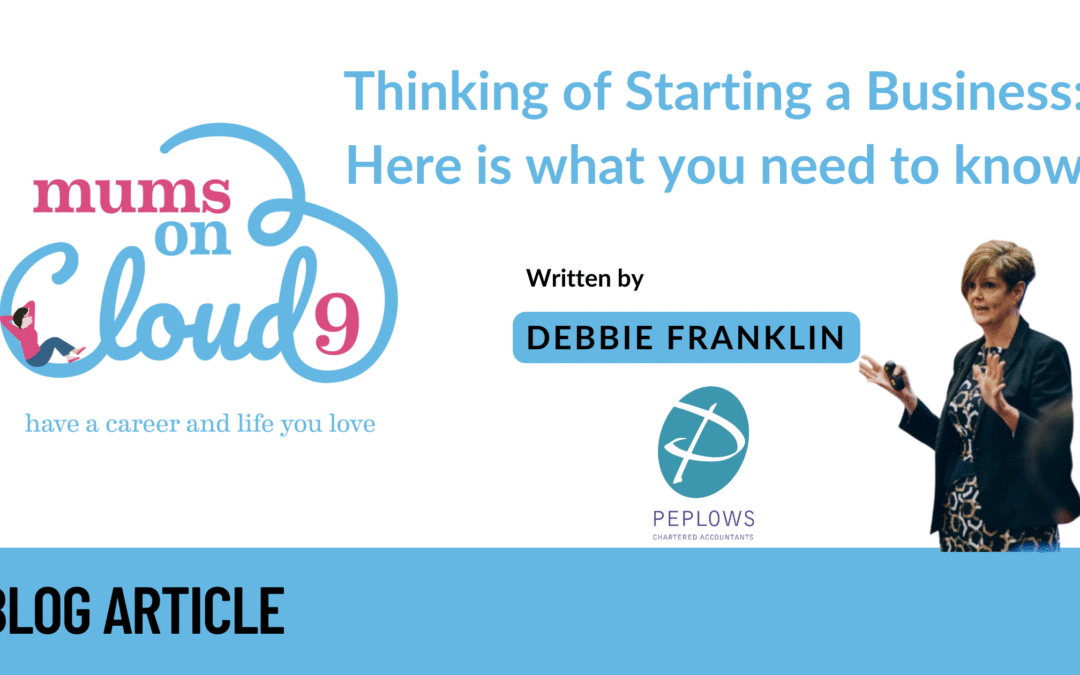Where to look for Flexible Jobs!
In this blog, our Expert Adviser Elizabeth Willets, Founder of Investing in Women and Author of ‘Flex’ shares some top tips on how to find flexible jobs.
Let’s face it — finding a flexible job can feel like a full-time job in itself. Searching job boards for roles that actually work around your life (rather than take over your life) can feel like trying to find a needle in a haystack. Especially when, at the time of writing, just 12% of UK jobs are advertised as part-time, many of which are low-paid and low-skilled. And that’s before you’ve even started on the long application forms, tweaking your CV, writing a killer cover letter or preparing for interviews.
But don’t panic — help is at hand. In this blog post, we’ll run through the obvious and not-so-obvious places to search for flexible work and help you uncover the kind of opportunities that support your lifestyle (not swallow it whole).
Your Current Employer
Let’s start with a surprising one – your existing company. If your current job isn’t quite working for you hours-wise, don’t assume you need to quit to get the flexibility you’re craving. You already know the ropes, systems, and people, making you incredibly valuable. Most bigger companies have internal careers pages (have a nosey on your intranet) and they often post jobs there before opening them up to the outside world. Why? Because it’s quicker, cheaper, and you’re a safe bet.
But here’s the thing: before you go searching for a shiny new role, have you actually asked for more flexibility where you are?
Thanks to new UK legislation in April 2024, you can now make a flexible working request from day one of a job, and you’re allowed to make two requests a year. Employers must respond within two months and consult with you properly if they’re thinking of saying no. You don’t even need to justify how it will impact them anymore — but, if we’re honest, it’s still smart to approach it in a way that shows you’ve thought about their side too.
So, if your current set-up isn’t working, try drafting a well-thought-out flexible working request. Think about what you actually want — shorter days, compressed hours, part-time, hybrid? Then think about why it makes sense for the business, too. Could your proposed hours help cover customer queries at different times? Could working from home increase your productivity?
Approach it like a grown-up conversation. You’re not asking for a favour; you’re suggesting a way to do great work that works better for you and them. And don’t underestimate the power of just starting the conversation — so many brilliant, flexible roles come about simply because someone had the guts to ask.
And if it’s a no? That’s still good information — you’ll know where you stand and be better informed about whether it’s time to move on.
Specialist Job Boards
Now for the obvious one — job boards. But not just any old job boards. If flexibility is a non-negotiable, start with sites that specialise in flexible or part-time work — like Investing in Women (that’s mine!).
Beyond that, if you work in a specific industry, look for niche boards in your field. TES for education, eFinancialCareers for finance — just Google “(your industry) + job board” and you’ll likely find a few gems.
And yes, you can still find flexible jobs on generalist sites like Indeed or Reed — but you’ll need to use filters wisely and add terms like “part-time”, “remote”, “flexible” or “job share” to your search. And if a role doesn’t specify flexibility, don’t be afraid to ask.
Recruitment Agencies
Now I know recruiters get a bad rep — and not always without reason. But hear me out! A good recruiter can be worth their weight in gold, particularly if you find one who gets flexible work and works in your industry.
They can tell you which companies are open to flexibility (and which ones only pay lip service to it). They’ll help you polish your CV, prep for interviews and pitch you to clients. And the best bit? You don’t pay them — the hiring company does. I’ve worked with some of my favourite candidates on and off for years, placing them in multiple roles over time. So don’t write off agencies completely — just pick your people carefully.
LinkedIn Is Your Friend
If you’re not already on LinkedIn, now’s the time to get on it. It’s one of the best places to be spotted by recruiters, especially for flexible, remote, and part-time roles.
Ensure your profile clearly shows that you’re open to flexible work and includes keywords that match the type of role you want. And definitely add the “Open to Work” banner to your photo — it’s a magnet for time-pressed recruiters scrolling through dozens of profiles.
Better still, write a post about what you’re looking for. Be specific. Something like: “I’m a Marketing Manager looking for a 4-day hybrid role in the charity or education sector” will get far more traction than “Looking for new opportunities”. Your network will surprise you – people love helping people, and your post could travel much further than you think.
And while you’re there, come and connect with me on LinkedIn! I share lots of advice on flexible job hunting and would love to support your journey. Connect with me here.
Facebook Groups — Seriously
Yes, I know Facebook isn’t what it once was. But it’s still packed with local job groups—and it’s often the first place small businesses post part-time or flexible roles.
Search “Jobs in (Your Town)” or “Part-time jobs in (Your Region)” and you’ll find all sorts. And like LinkedIn, you can post what you’re looking for, too. You never know who’s reading.
Tap Into the Hidden Job Market
Here’s a stat that always shocks people: around 70% of jobs are filled before they’re even advertised. Which means your network is gold.
So tell people. Friends. Family. Your old boss. That mum at the school gate who always seems to know someone. Let them know what role you’re looking for and that flexibility matters. Word travels – and the more people who know, the more chance your dream role finds you.
In Summary:
- Don’t overlook internal roles — your dream flexible job might be closer than you think.
- Use specialist flexible job boards to find roles built around real life.
- Recruiters can be brilliant allies — especially if they understand the flexible jobs market.
- Get visible on LinkedIn – and make your profile do the hard work for you.
- Explore Facebook groups and your wider network to tap into that hidden job market.
With a smart strategy and a bit of courage to ask for what you really want, your perfect flexible role is out there. You’ve got this.
Elizabeth Willetts is the Founder of Investing in Women – a female-empowering job board and community helping family-friendly AND forward-thinking employers hire professionals looking for fulfilling, flexible and part-time work. She is an experienced Recruiter with over 17 years of experience – both in-house at one of the Big 4 and from one of the UK’s largest recruitment agencies. Elizabeth is also a mum to two daughters – Emily and Annabelle (and a Labradoodle called Dougal). She is a passionate believer in the power of part-time and flexible work to retain women in the workplace and close the gender pay gap. Her debut book, Flex – a dynamic guide for anyone wanting to build a successful career on their terms, came out in January 2025.
.






